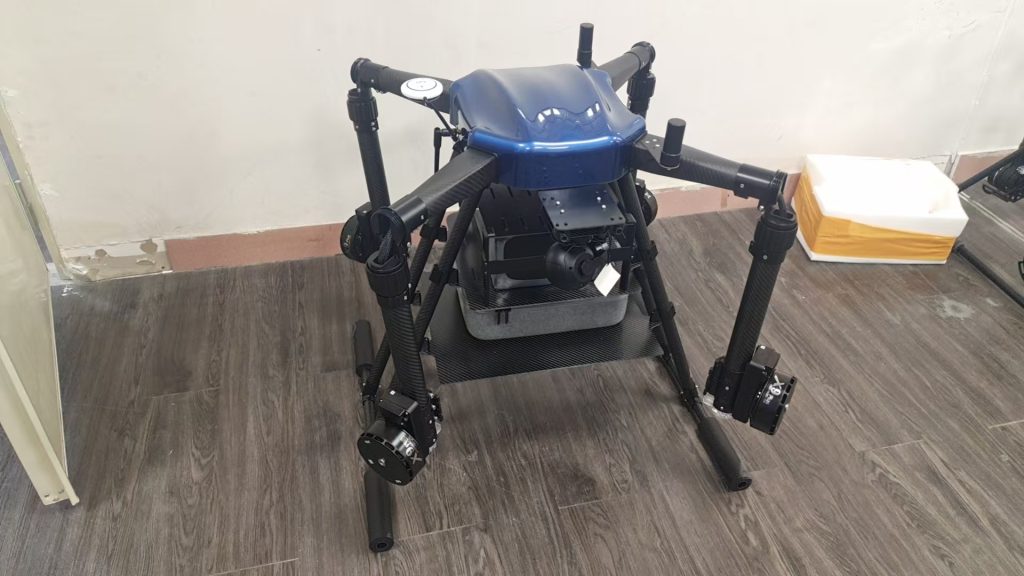
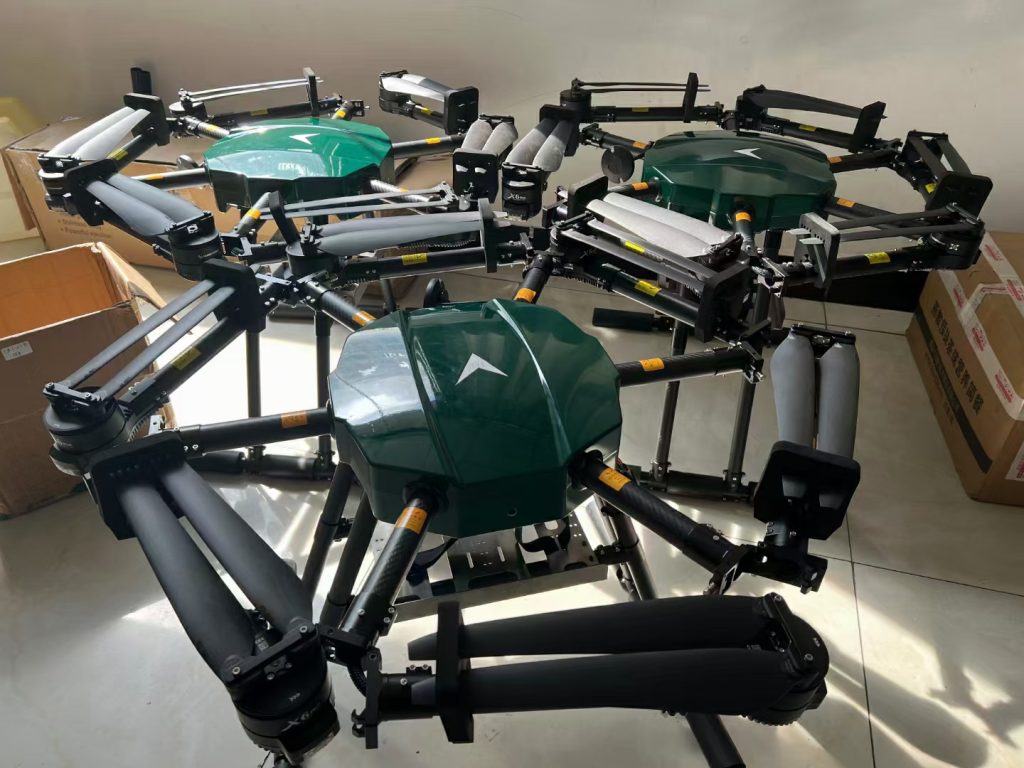
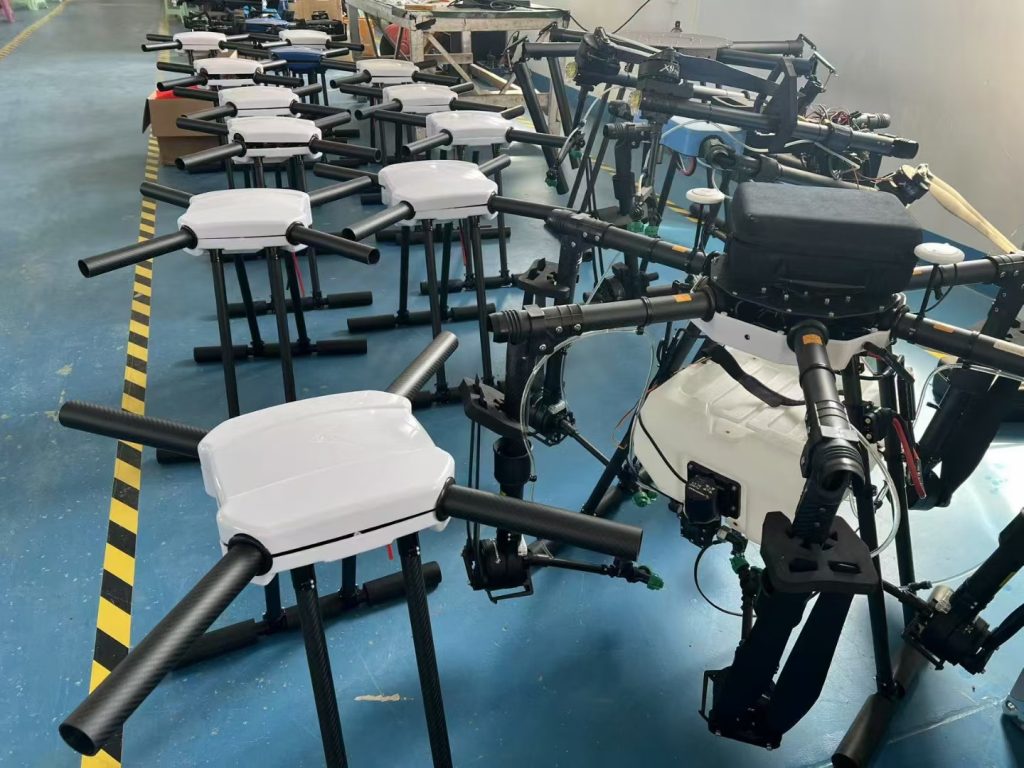
Introduction
As the use of agricultural drones for crop protection continues to expand across Europe, compliance with CE certification standards has become essential for manufacturers and operators alike. A CE certified drone sprayer meets the rigorous safety, health, and environmental protection requirements set by European Union regulations, ensuring that these advanced agricultural UAVs can be operated safely and legally throughout the EU market.
This comprehensive guide explores what CE certification means for drone sprayers, the specific standards involved, the certification process, benefits for manufacturers and farmers, and how to select a compliant drone sprayer for European agricultural operations.
Understanding CE Certification for Drone Sprayers
What is CE Certification?
CE certification (Conformité Européene) is a mandatory conformity marking for products sold within the European Economic Area (EEA). It indicates that a product complies with all applicable EU directives and regulations regarding:
-
Product safety
-
Electromagnetic compatibility (EMC)
-
Radio equipment
-
Environmental protection
-
Machinery safety
For drone sprayers, CE certification ensures that these unmanned aerial vehicles meet strict standards for:
-
Safe operation in agricultural environments
-
Proper electromagnetic emissions and immunity
-
Reliable radio communication systems
-
Mechanical and electrical safety
-
Environmental protection
Relevant EU Directives for Drone Sprayers
Several EU directives and regulations apply specifically to drone sprayers:
-
Machinery Directive (2006/42/EC)
-
Governs the safety requirements for machinery, including agricultural drones
-
Covers mechanical, electrical, and operational safety aspects
-
Requires risk assessment and safety measures for all operational modes
-
-
Radio Equipment Directive (RED) 2014/53/EU
-
Ensures radio equipment (including drone communication systems) functions properly
-
Requires electromagnetic compatibility (EMC)
-
Covers safety requirements for radio equipment
-
-
Electromagnetic Compatibility (EMC) Directive 2014/30/EU
-
Ensures that drone sprayers don’t generate or are not affected by electromagnetic interference
-
Maintains reliable operation in various electronic environments
-
-
Low Voltage Directive (LVD) 2014/35/EU
-
Applies to electrical systems within the drone sprayer
-
Ensures protection against electrical hazards
-
-
General Product Safety Directive (GPSD) 2001/95/EC
-
Provides general safety requirements for all consumer and professional products
-
Ensures that drone sprayers are designed and manufactured to be safe for intended use
-
-
Drone-Specific Regulations (EU) 2019/945 and (EU) 2019/947
-
Specific regulations for the design, manufacture, and operation of unmanned aircraft systems
-
Covers safety features, remote identification, and operational limitations
-
Key Certification Requirements for Drone Sprayers
To achieve CE certification, a drone sprayer must meet specific technical and safety requirements:
1. Mechanical and Structural Safety
-
Durable construction to withstand agricultural operating conditions
-
Secure mounting of tanks, pumps, and spraying components
-
Protective covers for moving parts and electrical components
-
Fail-safe mechanisms for critical systems
2. Electrical System Safety
-
Proper insulation and protection against electrical hazards
-
Safe battery management systems with thermal protection
-
Overcurrent and overvoltage protection
-
Weather-resistant electrical components
3. Spraying System Safety
-
Leak-proof chemical tanks and delivery systems
-
Secure nozzle mounting to prevent detachment during flight
-
Flow control safety mechanisms
-
Chemical containment systems for spills
4. Flight Safety Systems
-
Redundant flight control systems
-
GPS and positioning system reliability
-
Return-to-home functionality
-
Obstacle detection and avoidance capabilities
-
Emergency landing protocols
5. Electromagnetic Compatibility (EMC)
-
Minimal electromagnetic interference with other electronic devices
-
Immunity to external electromagnetic disturbances
-
Proper shielding of electronic components
6. Radio Equipment Compliance
-
Compliant communication systems between drone and controller
-
Reliable signal transmission and reception
-
Proper frequency usage within regulated bands
CE Certification Process for Drone Sprayers
Achieving CE certification for a drone sprayer involves several steps:
1. Product Design and Risk Assessment
-
Identify applicable directives and standards
-
Conduct thorough risk assessment of all operational scenarios
-
Design safety features to mitigate identified risks
2. Technical Documentation
-
Prepare a technical file including:
-
Product design and specifications
-
Risk assessment documentation
-
Test reports and certifications
-
User manuals and safety instructions
-
Manufacturing processes and quality control procedures
-
3. Testing and Evaluation
-
Mechanical safety testing
-
Electrical safety testing
-
EMC testing
-
Radio equipment testing
-
Flight performance evaluation
-
Spraying system testing
4. Declaration of Conformity
-
Manufacturer prepares an EU Declaration of Conformity
-
States that the product complies with all applicable directives
-
Signed by the manufacturer or authorized representative
5. CE Marking
-
Affix the CE mark to the drone sprayer and its packaging
-
Include necessary documentation for end-users
-
Maintain technical documentation for 10 years after product placement on the market
Benefits of CE Certified Drone Sprayers
1. Legal Compliance
-
Allows sale and operation throughout the European Economic Area
-
Meets regulatory requirements for agricultural machinery and drones
-
Avoids legal penalties and market restrictions
2. Enhanced Safety
-
Ensures safe operation for operators, bystanders, and crops
-
Reduces risk of accidents and equipment failures
-
Protects against electrical and mechanical hazards
3. Market Access
-
Required for selling drone sprayers in EU countries
-
Provides access to the large European agricultural market
-
Increases buyer confidence in product quality and safety
4. Quality Assurance
-
Demonstrates compliance with rigorous European standards
-
Indicates a commitment to product safety and reliability
-
Enhances brand reputation for manufacturers
5. Operator Protection
-
Provides assurance that the drone sprayer meets safety standards
-
Reduces liability risks for buyers and operators
-
Ensures proper operation and maintenance guidelines
Selecting a CE Certified Drone Sprayer
When choosing a drone sprayer for use in Europe, consider the following factors:
1. Verification of Certification
-
Check for the CE mark on the product and packaging
-
Review the Declaration of Conformity
-
Verify the applicable directives and standards
2. Manufacturer Information
-
Confirm the manufacturer’s authorized representative in the EU (if not based in Europe)
-
Check manufacturer’s compliance history
-
Review product documentation and certifications
3. Technical Specifications
-
Ensure the drone sprayer meets your specific agricultural needs
-
Verify tank capacity, spraying range, and flight time
-
Check compatibility with your farming operations
4. Training and Support
-
Availability of operator training
-
Maintenance and service support within Europe
-
Spare parts availability
5. Regulatory Updates
-
Confirm the certification is current and covers all applicable regulations
-
Check for updates to relevant directives and standards
-
Verify ongoing compliance requirements
Future Developments in CE Certification for Agricultural Drones
The regulatory landscape for drone sprayers in Europe continues to evolve:
1. Harmonized Standards
-
Development of specific standards for agricultural drones and spraying systems
-
Updated testing methodologies for emerging technologies
-
More detailed requirements for autonomous operation features
2. Expanded Drone Regulations
-
Stricter requirements for autonomous and semi-autonomous drones
-
Enhanced remote identification and tracking systems
-
Operational limitations based on risk assessments
3. Environmental Standards
-
Increased focus on chemical containment and environmental protection
-
Sustainability requirements for drone materials and manufacturing
-
Energy efficiency standards for electrical systems
4. Digital Documentation
-
Electronic Declaration of Conformity processes
-
Digital product passports for traceability
-
Online certification databases for regulatory verification
Conclusion: Ensuring Safe and Compliant Agricultural Operations
CE certified drone sprayers represent the gold standard for agricultural UAVs in Europe, combining advanced technology with rigorous safety and quality standards. For manufacturers, achieving CE certification demonstrates a commitment to producing safe, reliable equipment that meets European regulatory requirements. For farmers and agricultural operators, purchasing CE certified drone sprayers ensures legal compliance, enhanced safety, and access to high-quality equipment designed for the demanding European agricultural market.
As drone technology continues to advance and regulatory requirements evolve, CE certification will remain a critical factor in the adoption and safe operation of agricultural spraying drones throughout Europe. By understanding the certification process and requirements, stakeholders can make informed decisions about implementing these innovative solutions in their farming operations.
THE END

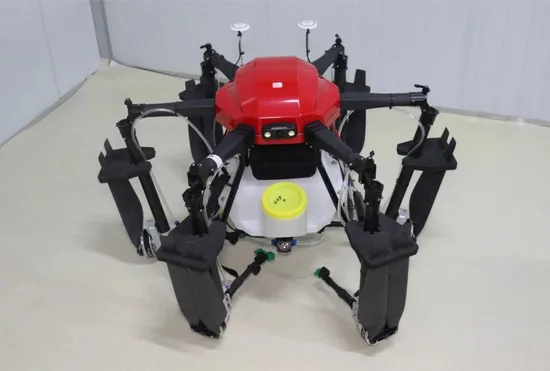
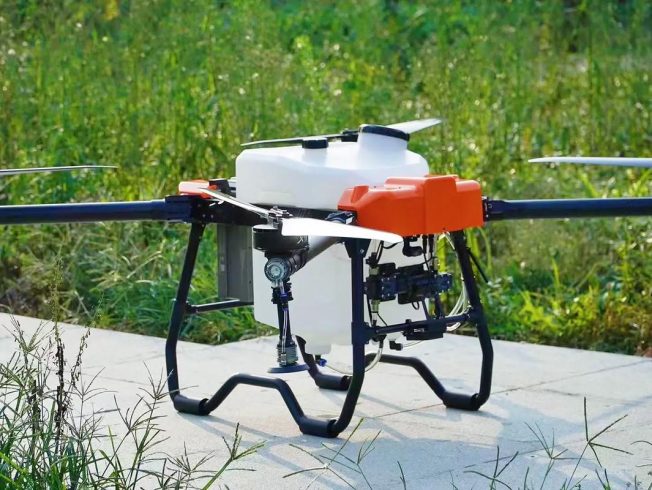
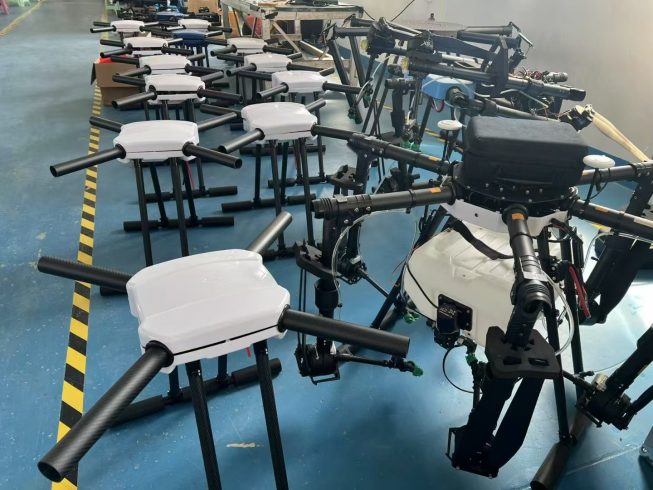
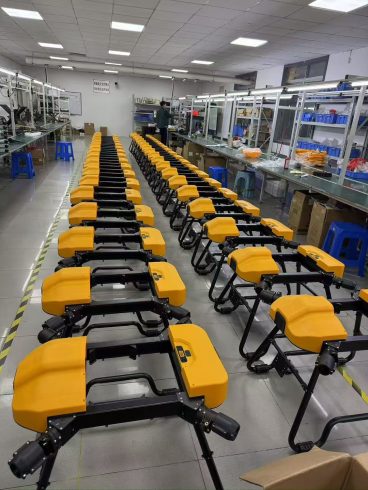
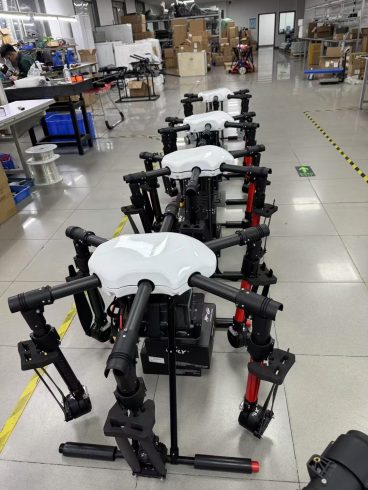
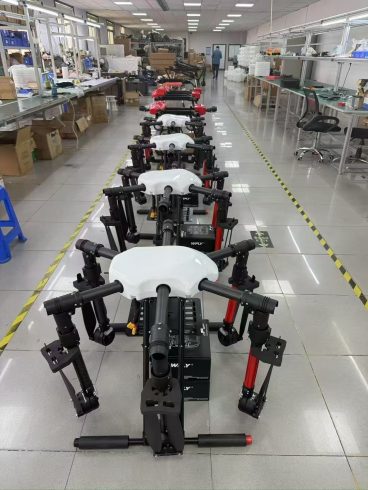

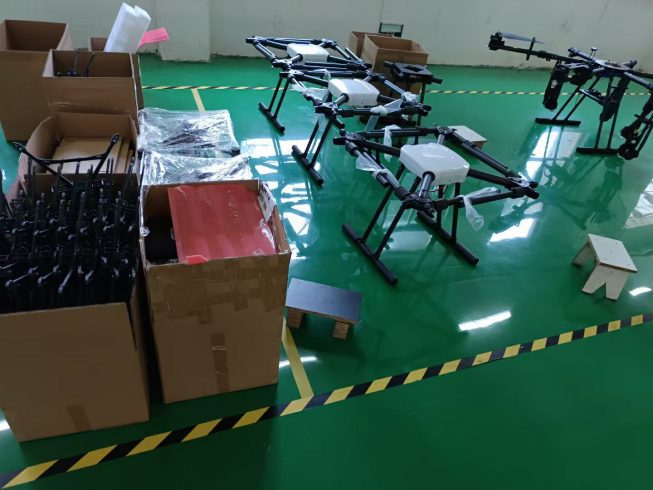
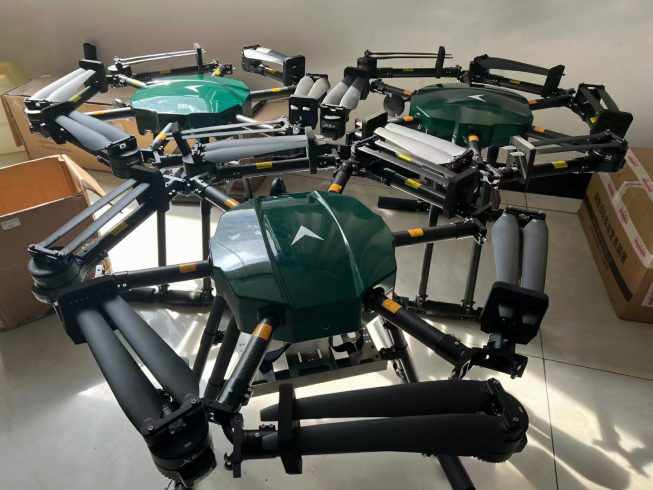

暂无评论内容